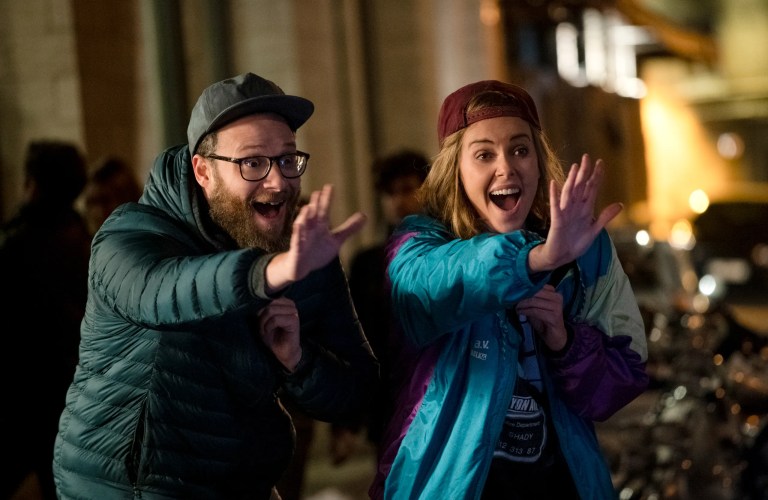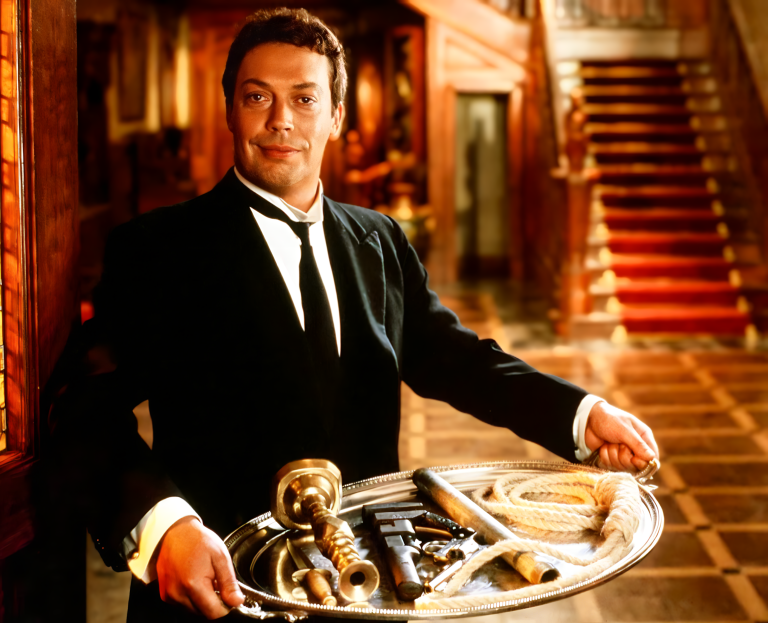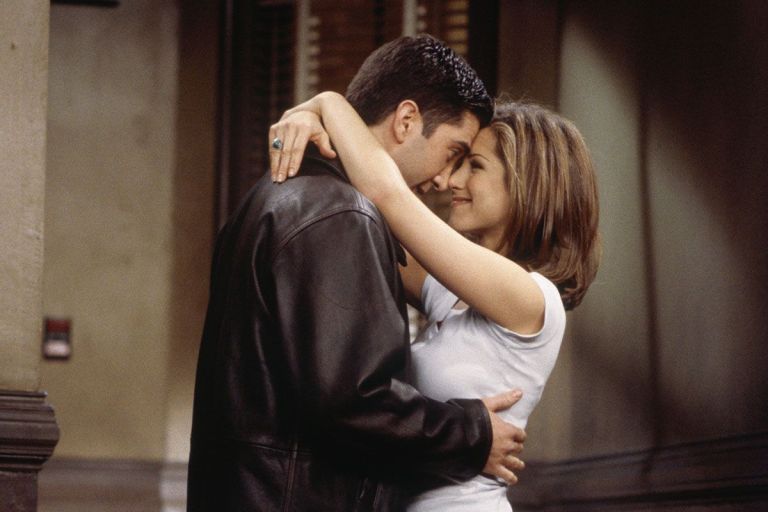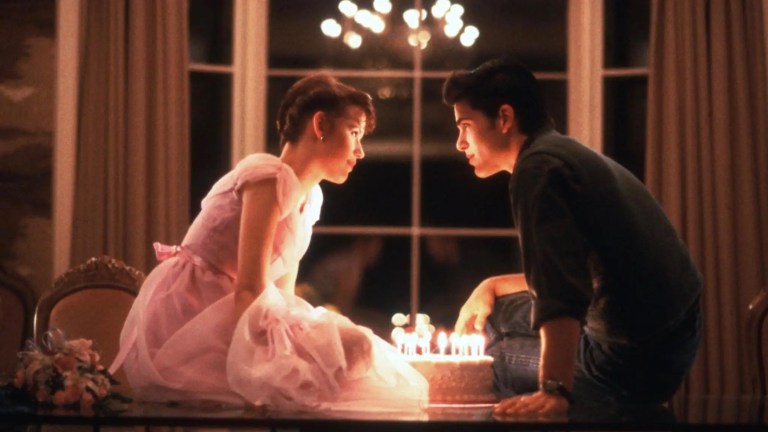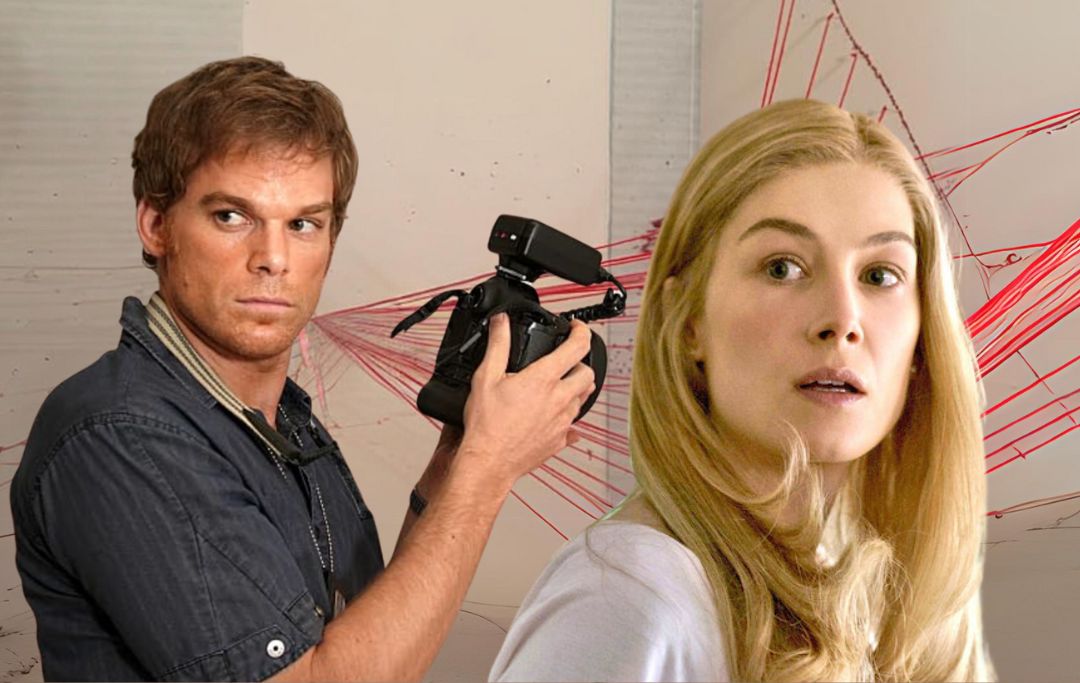
From ‘Dexter’ To ‘Gone Girl’: 4 TV And Movie Villains Who Actually Made Good Points
Villains exist on a spectrum, from the sympathetic to sinister. As audiences look at movies and tv shows in hindsight, they are now realizing that on-screen villains tend to be the ones that give life-changing advice regarding love, relationships, and human nature that is actually insightful and eerily accurate. Here are four movie and tv villains who actually made good points we can learn from, even if some of their actions were deplorable.
Amy Dunne from Gone Girl
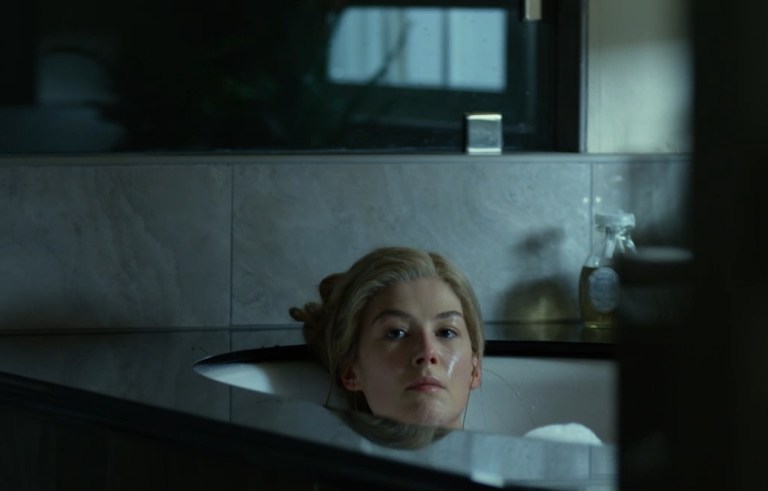
Amy Dunne is a psychopathic character and her actions should never be emulated in real life, but that doesn’t mean her words and insights can’t be appreciated, albeit with a grain of salt. She had some chillingly on-point monologues about how women are treated in relationships that resonated strongly with a female audience. At one point, she says, “Nick Dunne took my pride and my dignity and my hope and my money. He took and took from me until I no longer existed. That’s murder.” Woah! Talk about poetically delineating how draining relationships can be when you’re doing most of the domestic and emotional (and in this case, financial) labor, causing women to realize how they will lose their identities if they’re with a partner who only takes and takes from them. In her legendary “Cool Girl” monologue, Amy also talks about how women are conditioned to morph themselves into whoever their man prefers, rather than being their authentic selves, thereby lowering her own standards and expectations to please him and silencing themselves. As she notes, “Nick loved a girl I was pretending to be. ‘Cool girl.’ Men always use that, don’t they? As their defining compliment: ‘She’s a cool girl.’ Cool girl is hot. Cool girl is game. Cool girl is fun. Cool girl never gets angry at her man. She only smiles in a chagrined, loving manner. And then presents her mouth for f**king. She likes what he likes, so evidently, he’s a vinyl hipster who loves fetish Manga. If he likes girls gone wild, she’s a mall babe who talks for football and endures buffalo wings at Hooters.” For Amy, being the “cool girl” bore no rewards and the shapeshifting she had to do in her relationship with Nick only led to betrayal and more disrespect. Point made.
Dexter Morgan from Dexter
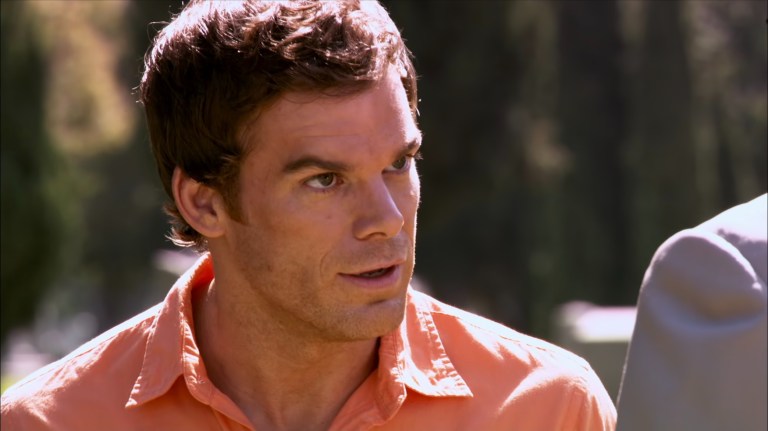
Some would argue that Dexter may be more of a vigilante antihero rather than an outright villain, but regardless of how you categorize him, he certainly made some very good points throughout the show. The reason why Dexter is such a morally grey character is that he punishes perpetrators who would remain punished otherwise, acting as the karma for people the legal and justice system may let escape. This is most powerfully illustrated in an episode where he hunts down a predator who develops a fixation on his young stepchildren. By doing so, he saves countless future victims of their crimes from harm. His philosophical insights from an outsider’s perspective also gives us keen insights into the human condition and how we all play roles to fit into society. He manages our expectations, telling us, “Never underestimate the capacity of other people to let you down.” He comments on how people put on charming facades to fit into polite society, drawing a distinction between social obligations and authenticity when he states, “Anybody can be charming if they don’t mind faking it, saying all of the stupid, obvious, nauseating things that a conscience keeps most people from saying. Happily, I don’t have a conscience, I say them.” Finally, he’s always letting us know that being morally grey doesn’t mean we don’t have integrity and that we must keep to what we think is right so we don’t go off the deep end, asserting, “We all make rules for ourselves. It’s these rules that help define who we are. So, when we break those rules, we risk losing ourselves and becoming something unknown.”
Cruella de Vil from 101 Dalmatians
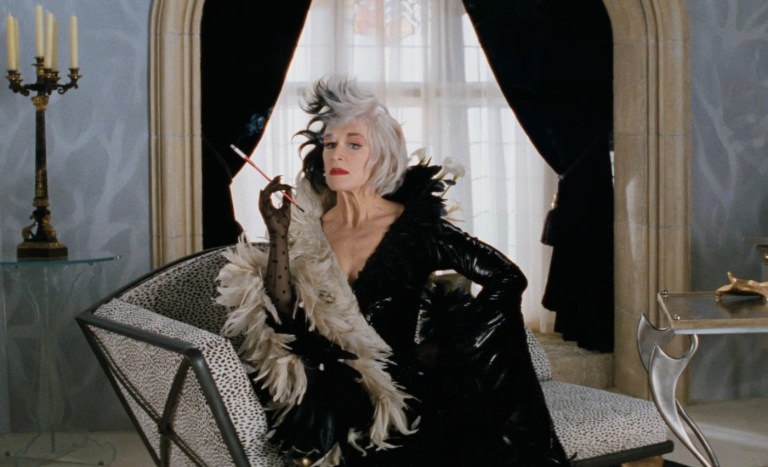
In the 1996 live action remake of 101 Dalmatians, Cruella de Vil is painted as an obvious villain who cruelly exploits animals to satisfy her passion for fur. And to be sure, her behavior is horrific and absolutely unacceptable in that regard. But audiences have long been noticing that the malicious Cruella is used as the voice to communicate important and accurate insights about marriage. When a talented designer working for her company, Anita, announces she may leave the job if she found a man to marry, Cruella astutely observes, “More good women have been lost to marriage than to war, famine, disease, and disaster. You have talent, darling. Don’t squander it.” When Anita announces she is pregnant with Roger’s child, Cruella is visibly anguished. This is meant to show that Cruella is an enemy of the nuclear family and sinister in her motives, but really, considering all the burdens and health risks women take on during childbirth and childrearing, it’s not necessarily a “wrong” response to have. Given the extensive research on how marriage can place women at a disadvantage on average due to the burden of emotional and domestic labor they’re often forced to take on, she’s also not entirely incorrect. And considering Anita does end up married and having children with Roger right away and gives up her career as a designer while fulfilling his dream, it does seem her predictions came true to an extent as well. It is interesting that a female villain is the one who is used to communicate these “taboo” opinions, almost as if the movie was conditioning audiences to associate such advice with villainy and the destruction of the nuclear family, rather than viewing it as a reasonable perspective.
Arya Stark from Game of Thrones
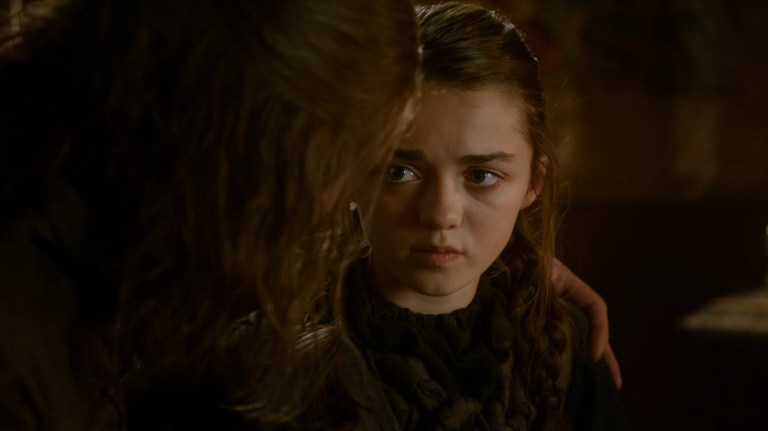
Most fans of Game of Thrones wouldn’t see Arya Stark as an outright villain, but some do find her sadism and pursuit of violent and vengeful justice to avenge her family members a bit disturbing. That being said, Arya’s transformation from badass sword and bow-and-arrow wielding child to skilled and trained assassin is a sight to behold, and her resilience teaches audiences how to hold on to who you are even in the darkest of times and use your skills resourcefully to change the world for the better (in her case, spoiler alert: defeating the worst threat to Westeros and conquering the everlasting darkness for good). She also stays true to herself when Gendry proposes to her, saying, “I am not a lady. That’s not me,” something she declared to her father even as a child, and sets out to sail around the world instead, emphasizing the importance of knowing one’s true self and pursuing one’s genuine desires rather than complying to traditional societal expectations. Her journey of overcoming complex trauma also gave us many unique insights into how honoring and channeling our anger can be a necessary part of the journey to healing, although the way we do it in real-life contexts are sure to be more constructive rather than destructive as portrayed on the show.

